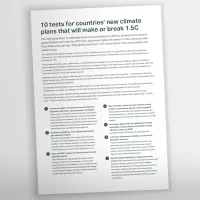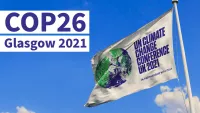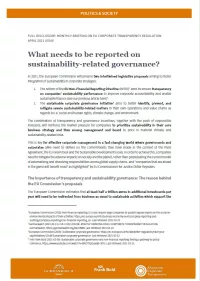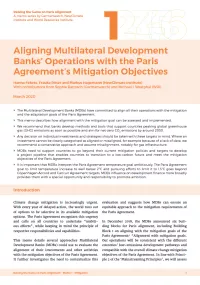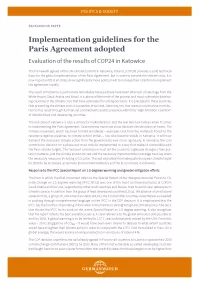Two years after the 2015 Paris Agreement, the world’s multilateral development banks (MDBs) committed to align their financial flows with the landmark climate pact’s goals.
Now, four years later, it’s clear that as a group, the MDBs are still a long way away from realizing their commitment throughout their portfolios. While MDBs have focused on aligning direct investments with Paris goals, this effort is not sufficiently ambitious, nor is it complete. They have paid less attention to whether their indirect investments support climate goals. And policy-based loans — a favored instrument during times of crisis — also remain a blind spot.
